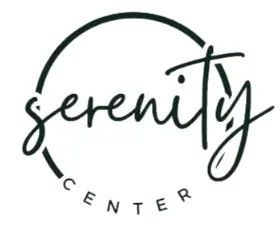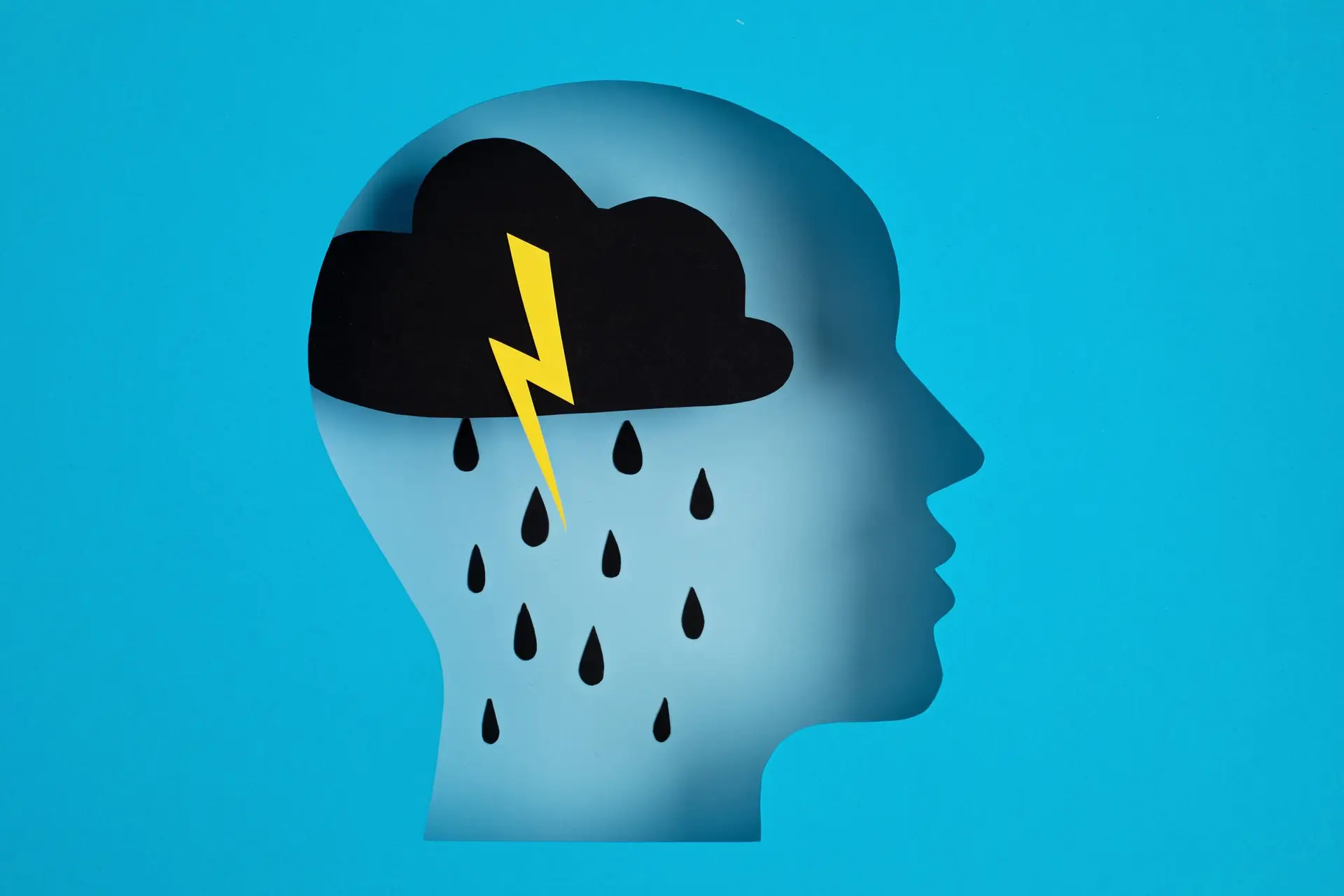In Israel, the history of rehabilitation centers for individuals with double morbidity (also known as dual diagnosis—the coexistence of mental health disorders and substance abuse disorders) has evolved significantly over the past few decades. These centers aim to treat not only addiction but also other mental health challenges, addressing the complex needs of individuals suffering from both conditions simultaneously. Here's an overview of how these centers developed:
Early Stages of Mental Health and Rehabilitation (1950s-1980s):
- Institutionalized Psychiatric Care: Following the establishment of the state of Israel in 1948, mental health care was primarily institutionalized, with psychiatric hospitals playing a central role. During this period, there was little focus on addiction treatment or dual diagnosis cases. Patients with mental illnesses were typically treated in psychiatric institutions, while individuals with substance abuse problems were often marginalized or treated separately.
- Drug and Alcohol Addiction Treatment: In the 1970s and early 1980s, Israel saw a rise in substance abuse, particularly among young people. However, treatment facilities for addiction were still in their infancy, and they operated separately from psychiatric services. Rehab centers mainly focused on addiction recovery without addressing co-occurring mental health disorders.
Rise of Community-Based Care and Holistic Approaches (1990s):
- Recognition of Dual Diagnosis: In the 1990s, mental health professionals in Israel began to recognize the prevalence of dual diagnosis cases—individuals struggling with both mental health issues and substance abuse. This shift in understanding led to an acknowledgment that both conditions needed to be treated concurrently for effective rehabilitation. Specialized programs were developed in existing psychiatric hospitals, but there was still a lack of dedicated centers for dual morbidity cases.
- Therapeutic Communities and Holistic Approaches: During this time, therapeutic communities (TCs) gained traction in Israel. These were modeled after international approaches that combined therapy, social support, and rehabilitation in a community setting. TCs like Malkishua in the Galilee and Yesh Tikva in Jerusalem began offering comprehensive treatment for individuals with addiction and mental health disorders. These centers embraced a more holistic approach to treatment, integrating therapy, social rehabilitation, and skill-building activities to reintegrate individuals into society.
Establishment of Dedicated Centers for Dual Diagnosis (2000s-2010s):
- Specialized Centers for Dual Diagnosis: In the early 2000s, there was an increasing awareness that rehabilitation centers needed to be tailored specifically for individuals with dual morbidity. Private centers became key players in providing both psychiatric care and addiction treatment under one roof. These centers focused on creating individualized treatment plans that included psychiatric evaluation, medication management, individual and group therapy, and life skills training.
- Government Initiatives and Public Health Support: In the mid-2000s, the Ministry of Health in Israel recognized the need for more integrated services for individuals with dual diagnosis. Funding and support were funneled into programs that focused on long-term recovery for individuals with both mental illness and substance abuse issues. Hospitals began expanding their outpatient programs, offering follow-up care to patients who had completed inpatient treatment for addiction or mental health disorders.
Modern Day: Expansion and Specialized Programs (2010s-Present):
- Modern Rehabilitation Facilities: Today, Israel has a range of facilities that offer specialized care for people with dual morbidity. Centers like Serenity Center in Raanna and Malkishua continue to serve individuals with complex psychiatric and addiction issues, offering comprehensive treatment plans that are tailored to the individual’s specific needs. In addition to inpatient and outpatient treatment, many of these centers now offer transitional housing, where individuals can gradually reintegrate into society while still receiving support.
- Integration with Public Health System: Many of the rehab centers are now integrated into Israel’s public health system, ensuring that individuals with dual diagnosis have access to treatment through universal health coverage. This integration has made it easier for patients to receive a continuum of care, from detoxification and psychiatric stabilization to long-term therapeutic and social support.
- Focus on Social Reintegration and Rehabilitation: Modern dual-diagnosis centers in Israel have shifted from just treating the symptoms to focusing on social reintegration. This includes vocational training, support in finding housing, and ongoing outpatient mental health care to ensure that patients can return to a functional life within society.
Key Facilities for Dual Diagnosis in Israel:
- Serenity Center (Raanana): Known for its integrated approach, the Serenity Center in Raanana specializes in treating both psychiatric disorders and addiction. It offers a range of therapeutic services from individual counseling to group therapy and medication management.
- Malkishua Therapeutic Community: One of the pioneering centers in the north of Israel, Malkishua focuses on rehabilitation for substance abuse and mental health disorders in a communal setting, offering vocational programs and social support.
- Eitanim Psychiatric Hospital (Jerusalem): Eitanim provides specialized services for dual-diagnosis patients, including intensive psychiatric care alongside addiction treatment.
- Kfar Izun: Located near Haifa, Kfar Izun offers holistic treatment for dual diagnosis with a focus on alternative therapies, spiritual growth, and personal empowerment alongside medical care.
Conclusion:
Israel’s approach to rehabilitation for individuals with dual morbidity has grown significantly, particularly in the last two decades. From the early days of separate psychiatric and addiction treatments, Israel has moved toward integrated, holistic care models that address the complex needs of individuals with both mental health and substance use disorders. Today, rehab centers in Israel provide a range of services that focus not only on treatment but also on rehabilitation, social reintegration, and long-term recovery.




